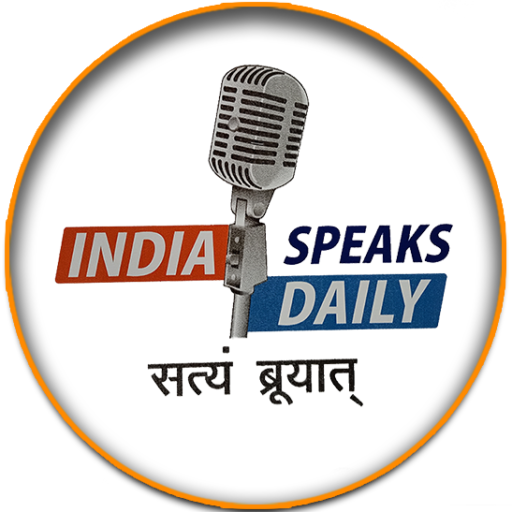The messaging application, WhatsApp, has moved the Delhi High Court challenging the Information Technology (Intermediary Guidelines and Digital Media Ethics Code) Rules, 2021.
In its plea, Whatsapp argues that the provisions for identification of the first originator of the information is unconstitutional and against people’s fundamental right to privacy as underlined by the Supreme Court decision.
It also argues that the provision goes against the concept of end-to-end encryption as it would force private companies to collect and store “who-said-what and who-shared-what” data for billions of messages daily just for the requirement of law enforcement agencies.
Whatsapp seeks direction to prevent the provision from coming into force, along with preventing criminal liability to its employees for non-compliance.
Interestingly, the plea is filed a day after the deadline given to intermediaries to comply with the new rules.
Challenging WhatsApp Submissions
The new guidelines require WhatsApp to unmask only people credibly accused of wrongdoing. Can it unmask all the citizens as Whatsapp makes us believe? No. Even if the government wants to keep a tab on each and every citizen, it requires huge infrastructure and manpower.
And WhatsApp argues that it cannot comply the new guidelines because messages are end-to-end encrypted.
Whom are you fooling, WhatsApp? Messages can be read before they are encrypted or after they are decrypted. That means any spyware dropped on the phone by an attacker could read the messages.
Also, Big Tech has had its share of data and privacy breaches over the years. We have seen the Cambridge Analytica scam. So, the point to be noted here is that Whatsapp can be decrypted and help government in tracking and punishing criminals or terrorists.
Now, it will be interesting to know the real purpose of WhatsApp to move the Delhi High Court.
It is simple. The messaging site wants to buy time. Its happiness has been screwed by the central government big time. WhatsApp, Twitter and Facebook felt that it would not act. But, they realised that the Centre is serious about implementing the new guidelines. And, this was indicated in Delhi Police swinging into action against Twitter.
The police had visited (not raided) Twitter Office in Delhi to serve the notice, seeking explanation as to, on what parameters Twitter had judged that BJP Spokesperson Sambit Patra’s tweet was tagged as “manipulated media” material.
This action of the police, first, pushed the Congress on the backfoot which forced it to withdraw FIR against Sambit Patra with Delhi Police.
This also has jolted WhatsApp, FB and Twitter. They did not expect the central government to act sternly. So, they were in catch-22 situation after the deadline had elapsed.
Therefore, one of them, that is WhatsApp, has approached the court to buy time. Otherwise, a criminal proceedings would have been initiated against the firm. Actually, the company is afraid of losing business in India, if they are sued for non-compliance.










Naraayannkar Ji,
I personally observed that your articles are concise but still loaded with substantial information. I especially liked your writing style.
Best wishes to you for keep us informed.
Also good wishes to India Speaks Daily Portal for maintaining the QUALITY.
More power to ISD. ??